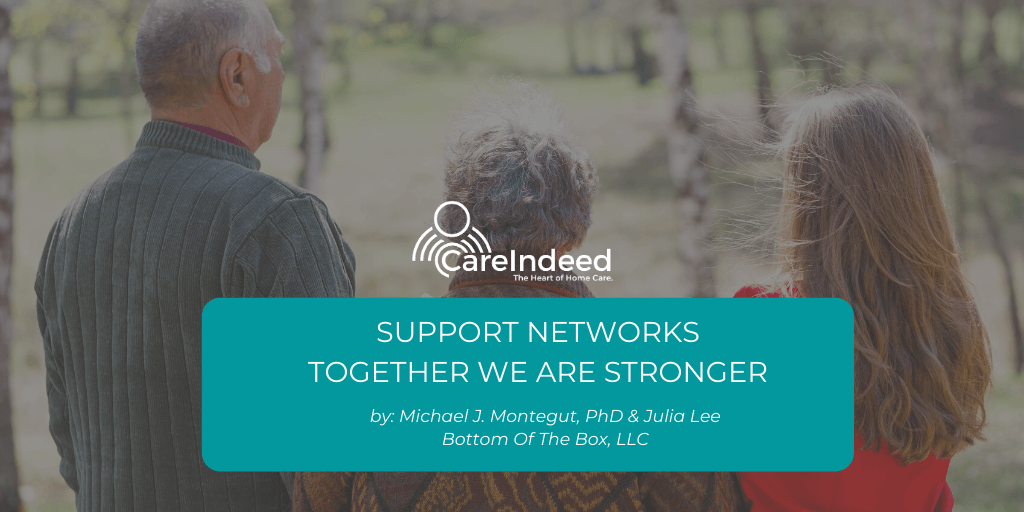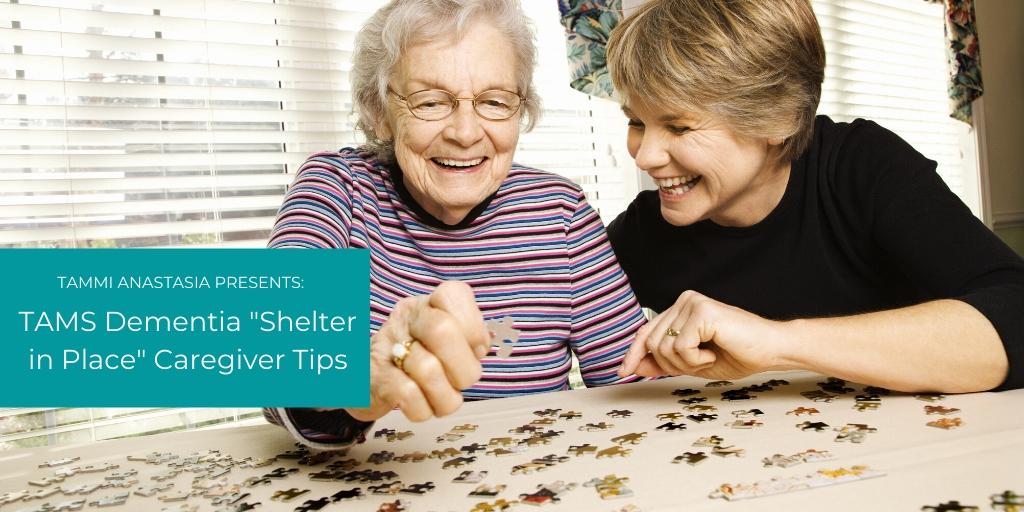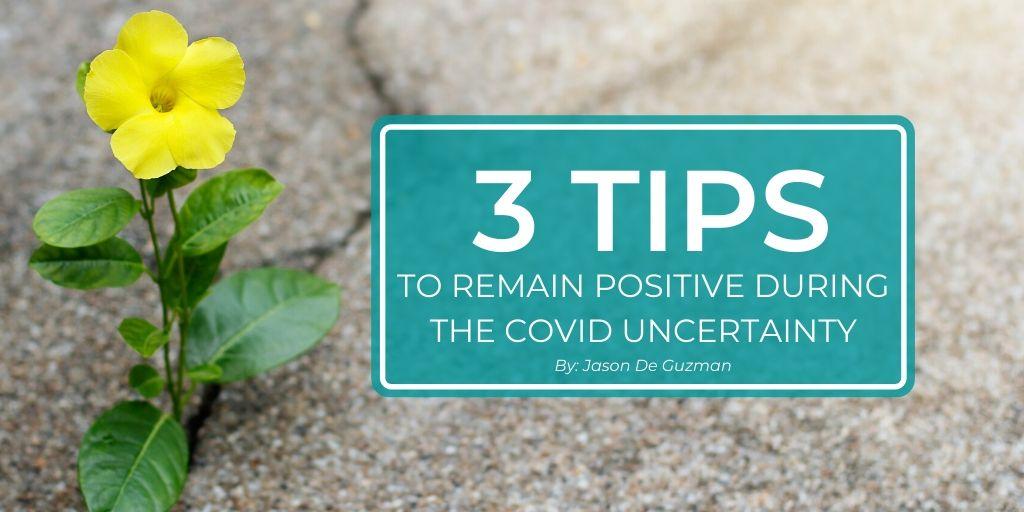
Support Networks Together We Are Stronger
Dee Bustos
Care Indeed Events
Apr 27, 2020
14 min read
It is therefore of supreme importance that we consent to live not for ourselves but for others. When we do this we will be able first of all to face and accept our own limitations. As long as we secretly adore ourselves, our own deficiencies will remain to torture us with an apparent defilement. But if we live for others, we will gradually discover that no expects us to be 'as gods'. We will see that we are human, like everyone else, that we all have weaknesses and deficiencies, and that these limitations of ours play a most important part in all our lives. It is because of them that we need others and others need us. We are not all weak in the same spots, and so we supplement and complete one another, each one making up in himself for the lack in another. — Thomas Merton, No Man Is an Island It is a real honor to be asked to write for the Care Indeed blog. At the same time, it is a little daunting to write about resilience for an organization that already exudes this much talked about trait. In a world where we are used to hearing others harp on what we are doing wrong, it makes sense to stop occasionally and acknowledge what has gone right, what we are doing to the advantage of our selves, our organizations, and for those around us. Positive psychology is all about what goes right in life, what leads us to the right living, and ultimately to hope and, by extension, to resilience. There is a characteristic of resilience that Care Indeed does incredibly well and improves with every newsletter that they send out. That is the building and nurturing of support networks. Support network construction and maintenance is a critical point that we teach in our resilience workshops; it is one we strongly encourage our students to practice. Michael met Vanessa Valerio, co-founder of Care Indeed, a little over a year ago at a seminar on senior living options. Michael was there to provide support for the seminar host in the form of speech coaching and organizational advice, and Vanessa was there to speak about Care Indeed's senior care and her journey to that life mission. The speakers were all good, but Vanessa was the one person who stood up and opened her heart from the start and spoke with a voice that captivated and fill listeners with uplifting and hopeful feelings. Vanessa's talk was the best because she was real and spoke from the heart to the heart. In some of the Bottom Of The Box resilience workshops, we feature Vanessa and Care Indeed as an exemplar in the lesson on life missions. There are loads of character traits, attitudes, and actions that support resilience and life satisfaction [Peterson, 2006]. We see Care Indeed exhibiting many of these like gratitude, a strong mission, and a deep desire to contribute. But we have come to realize that there is one colossal resilience enhancing trait in particular that Care Indeed does very well. That is: establishing and nurturing a strong community support network for Care Indeed clients and their families, Care Indeed employees, as well as the greater community. When researches look at resilient people and organizations, the strength of support networks and the sense of community this provides is something that all these resilient entities have in common [Feldman & Kravetz, 2014]. People who successfully face challenges, even devastating change, and setbacks, often have secure support networks of family, friends, and coworkers who advise them, console them, encourage them, and bear witness to their approach to life [APA, 2020]. At Bottom Of The Box, LLC, we regard having a strong support network as extraordinarily crucial to the exercise of resilience and strengthening of hope, so much so that we spend significant time covering this with students in our resilience workshops. When we humans nurture our support networks, we provide ourselves with the resources that help us to accomplish our goals and weather the storms of life. In building a support network, resilient people are also acknowledging that they understand that they are not islands, but that they rely on others to live their best lives. It takes strength and a willingness to be vulnerable and admit that we need the support of others. Resilient people are typically good at embracing their need for help from others [Feldman & Kravetz, 2014]. At Care Indeed, you recognize the need for strong support networks, and you provide this to your clients and employees as well as the greater community. Research has shown that a strong, supportive social network is key to resilience and happiness in seniors [Seeman, T. E., Miller-Martinez, Etal., 2011; Cotter, K. A., & Lachman, M. E., 2010]. This dedication to strong support networks is what makes Care Indeed so good at your primary mission of providing care and companionship to seniors. With your mentor/mentee program, your employee recognition program, the events you host in the greater community, and, of course, what your caregivers do every day with clients, you have constructed a tremendous support network. In this way, you encourage resilience across your organization, clients, and the community. With the supportive materials you are providing to all during the COVID-19 pandemic, you give a much-needed boost to the resilience of your employees, your clients, and the community at large. Bravo!! And now, we would like to do a little resilience nurturing of our own, by expressing gratitude to Care Indeed for your contributions to resilience in a broad population of people. Thank you, Care Indeed caregivers, for the work you do with our seniors, for being an integral part of their support networks and for bolstering their resilience in, what for many, is the most challenging phase of their lives. Thank you, Care Indeed management for supporting caregivers and other members of the community who care every day for our older, vulnerable population. And thank you for your relentless dedication to building a resilient organization that contributes to the strength of the community at large; your efforts will indeed help us all to weather the current storm and those to come.
This blog was published by Bottom Of The Box, LLC a Palo Alto-based company founded by a psychologist, Michael J. Montegut, and educator, Julia Lee. The company mission is: To empower all people to access and strengthen their resilience. To encourage people to embrace realistic optimism as their default thinking. To provide people with the tools and inspiration they need to rise to life’s challenges with confidence and grit. To convince everyone, in every interaction, that they have the strength and resilience to do their part to move humanity forward. Michael J. Montegut, PhD is a Psychologist who has done work in Human Vision, Human Factors, Personality measurement, and Positive Psychology. He is also a father, poet, blogger, TEDx speaker, gardener, accomplished home cook, Hospice volunteer, and many other things. Michael has overcome numerous life challenges and learned to engage his resilience in the face of health challenges, failures, disappointment, and loss. He enjoys helping teens and adults to discover, embrace, and exercise their character strengths and their natural resilience. Julia Lee is a public relations manager for young talents, graphic designer for local businesses, and a media arts teacher in Palo Alto Unified School District (PAUSD). She has faced many obstacles in her life, but that has not stopped her from achieving her goals in life! Meeting kind people who supported her in her journey has strengthened and fueled her desire to give back to the community. Julia has strong, positive relationships with students, parents, and others in the community, and she enjoys providing them with life solutions that lead to a solid, resilient core. American Psychological Association. (2020, February 1). Building your resilience. http://www.apa.org/topics/ resilience Cotter, K. A., & Lachman, M. E. (2010). Psychosocial and behavioral contributors to health: age-related increases in physical disability are reduced by physical fitness. Psychology & health, 25(7), 805–820. https://doi.org/ 10.1080/08870440902883212 Feldman, D. B., & Kravetz, L. D. (2014). Supersurvivors: The surprising link between suffering and success. New York, N.Y.: HarperWave/HarperCollins. Peterson, C. (2006). A Primer in Positive Psychology. Oxford: Oxford University Press. Seeman, T. E., Miller-Martinez, D. M., Stein Merkin, S., Lachman, M. E., Tun, P. A., & Karlamangla, A. S. (2011). Histories of social engagement and adult cognition: midlife in the U.S. study. The journals of gerontology. Series B, Psychological sciences and social sciences, 66 Suppl 1(Suppl 1), i141–i152. https://doi.org/10.1093/ geronb/gbq091
Locked Down Care Community Tips by TamsADS

3 Tips to Remain Positive During the COVID Uncertainty




